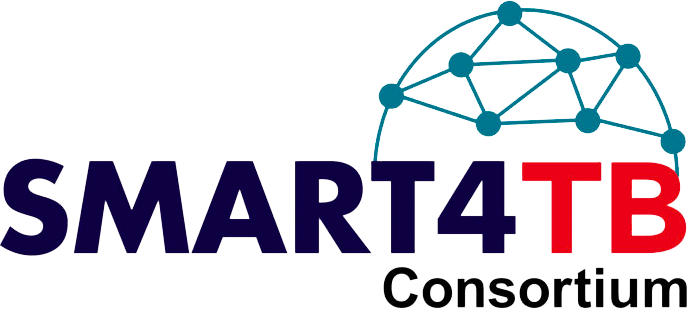Meet Our Partners

Mouse overTap the areas above to explore our partners

Globally renowned research university and preeminent school of public health with unparalleled track record of transformational innovations for TB control and leadership in research consortia.
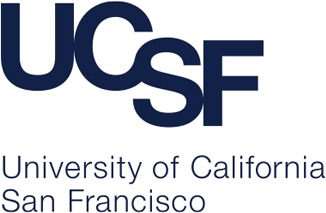
Global research and policy leading university, conducting TB research and capacity strengthening with over 70 local partners in USAID priority countries.
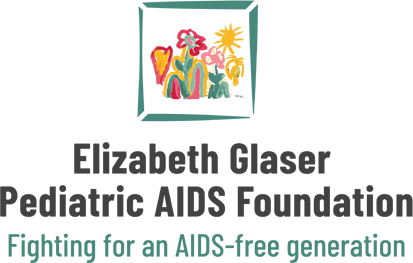
International organization supporting HIV and TB programs and advocacy in Africa with in-country research expertise.
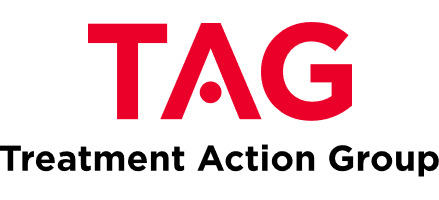
Leading global TB research advocacy organization with a track record of establishing, coordinating, and capacitating community advisory boards, and facilitating civil society and community engagement in TB research.
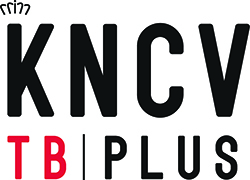
International NGO focused on TB elimination with 118 years of experience in TB program implementation and research in over 40 countries.
Regional Partners
Five strategically located partners with strong connections to regional TB prevention and care programs, including World Alliance for Lung and Intensive Care Medicine in Uganda (WALIMU), Kyrgyz State Medical Academy, Perinatal HIV Research Unit (PHRU), YRG Care in India, and the Victory Network in Vietnam.
Community Advisory Boards
Comprised of Afrocab Treatment Access Partnership (Afrocab), Asia Pacific Council of AIDS Service Organizations (APCASO) and Eurasian Community for Access to Treatment (ECAT), the Boards are led by advocates who are best positioned to understand and relay the needs of affected communities.
Study Sites
Research centers and staff in TB high burden countries that help conduct SMART4TB studies.


